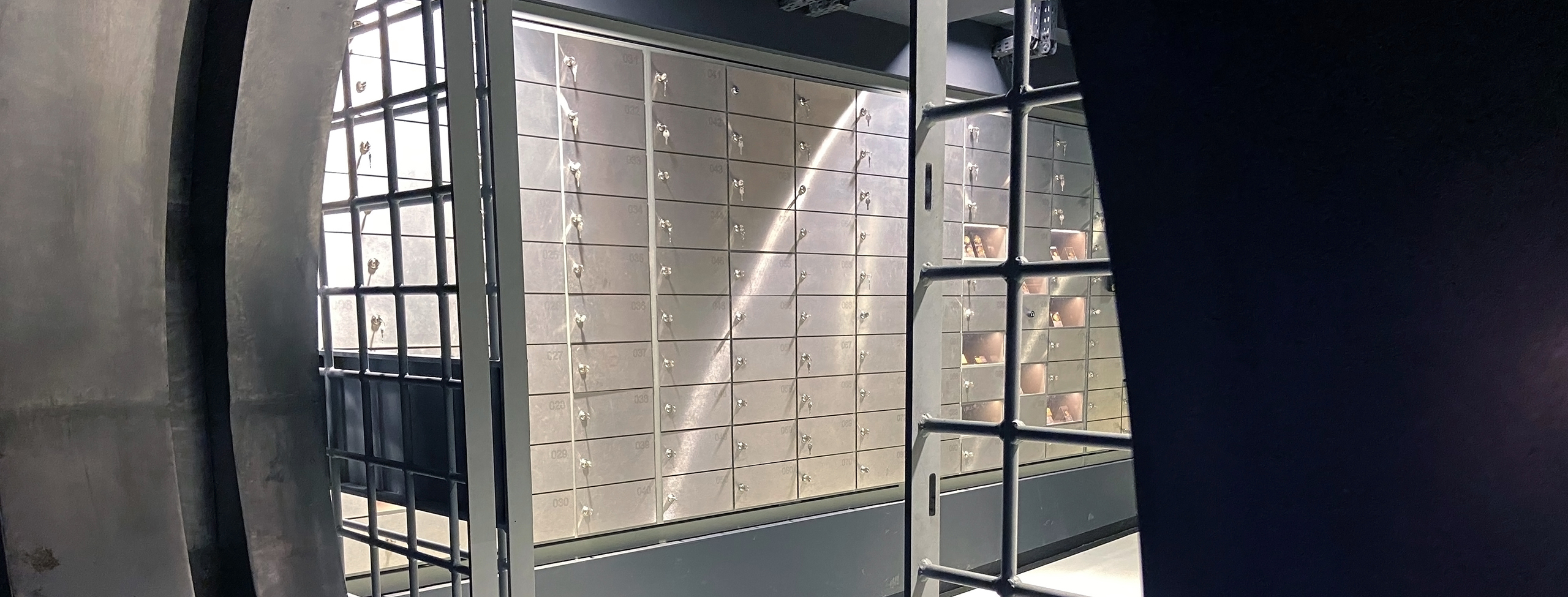
22 March 2023 • 7 minute read
Government enforcement authorities to take aim at bank executives: Four takeaways
In uncertain economic times, one thing is certain: significant government enforcement resources will be directed at the banking industry. The recent high-profile closures of two financial institutions and the subsequent volatility in the banking sector in the US and EU at large will surely focus government enforcement resources squarely on the banks and their executives and directors. Indeed, members of the US Senate have already called for “a comprehensive investigation of the circumstances surrounding” the recent bank failures and “whether senior bank executives and other key officials . . . violated civil or criminal law.”
Additionally, the White House has pressed for Congressional action to “impose tougher penalties for senior bank executives whose mismanagement contributed to their institutions failing” and allow regulators “to claw back compensation from executives,” among other things. Individuals and companies confronting such enforcement investigations face potentially severe civil and/or criminal sanctions.
Federal banking regulators’ enforcement powers
Federal banking regulators – including the Board of Governors of the Federal Reserve System (the Fed), the Office of the Comptroller of the Currency (OCC), and the FDIC – have broad enforcement powers to investigate any “unsafe or unsound” practice at financial institutions under their respective supervision. An unsafe or unsound practice includes any violation of law, rule, or regulation, but also any banking practice deemed unsafe by a banking regulator based on the facts and circumstances of a given case. Given this wide latitude to determine what is “unsafe or unsound,” what was once considered a sound business practice may be deemed unsafe or unsound based on changing market conditions.
Federal banking regulators may order a financial institution or its directors and officers to take a number of affirmative actions to address any unsafe or unsound practice, including:
- make restitution or provide reimbursement, indemnification, or guarantee against loss if the violation or practice resulted in unjust enrichment or involved a reckless disregard for the law or any applicable regulations
- restrict the growth of the institution
- dispose of any loan or asset involved
- rescind agreements or contracts
- employ qualified officers or employees; or
- take other appropriate action.
Federal banking agencies can also impose monetary penalties on institutions and individuals of up to $2.37 million per day that each violation or unsafe or unsound practice occurs. Additionally, if the institution suffered or is likely to suffer financial loss or other damage as a result of a director or officer’s personal dishonest conduct or willful or continuing disregard for the institution’s safety or soundness, banking regulators can suspend or prohibit these individuals from participation in the banking industry.
Criminal law enforcement
Furthermore, federal banking regulators routinely work with law enforcement agencies, such as the Department of Justice (DOJ) and U.S. Attorney’s Offices (USAOs) throughout the country, in investigating misconduct in the banking industry. In addition, the Fed, FDIC, and OCC each have Inspectors General (IGs) with wide authority to audit and investigate fraud, waste and abuse involving or affecting the Fed, FDIC, and OCC and the institutions they supervise.
Following the 2008-09 financial crisis and the 2020 global pandemic, Congress also created and empowered Special Inspectors General (SIGs) to oversee the Troubled Asset Relief Program (TARP) and the coronavirus relief programs. These IGs and SIGs have criminal investigative authority and a staff of law enforcement agents (often with specialized financial fraud expertise), and they can issue and serve administrative subpoenas. Moreover, these IGs and SIGs:
- conduct investigations of institutions and their directors and officers where there is evidence of fraud or self-dealing even if the institution did not fail, either in parallel with a regulatory investigation, or independently
- can make criminal referrals to the USAOs or a component within the Criminal Division of “Main Justice” in Washington, DC for possible prosecution of any criminal conduct and
- typically have similar investigative authority as FBI agents, particularly once they begin working with a federal, state, or local prosecutor.
After the 2008-2009 financial crisis, many such investigations were referred to USAOs throughout the country and/or Main Justice (the Fraud Section’s Market Integrity and Major Frauds Unit), and a number resulted in criminal charges against, convictions of, and at times lengthy prison sentences for, individual executives at regional and community banks.
Notably, DOJ has broader authority to investigate than the banking regulators. Whereas the banking regulators must focus on regulated entities and their executives, DOJ is not limited by whether the underlying conduct directly involves a bank executive because it can use wire or mail fraud theories and/or pursue conspiracy charges.
Recent resolution of a high-profile case – obstruction of a bank examination
Last week, the OCC and the USAO for the Central District of California each announced a resolution in a high-profile case involving the former head of retail banking of a large, national bank, highlighting the significant and close collaboration between regulators, IGs, and other law enforcement authorities in this space. On March 15, 2023, the OCC announced an order prohibiting the former executive from working in the banking industry and imposing a $17 million penalty for her role in systemic sales practice misconduct at the bank, while the USAO announced that the same executive had agreed to plead guilty to obstructing a government examination into these same sales practices.
In announcing the plea – which, as agreed by the parties, will be capped at a prison sentence of 16 months in this case – the USAO noted the substantial assistance of the OCC and Securities and Exchange Commission in the criminal investigation, as well as ongoing investigations by the FBI and the IGs of the FDIC, the Fed and the Federal Housing Finance Agency, and the United States Postal Inspection Service.
The executive pled guilty to one count of violating 18 U.S.C. Section 1517, which ordinarily carries a maximum five-year prison sentence for (1) obstructing an examination of a financial institution by a federal agency and (2) acting corruptly in doing so. Here, the executive oversaw sales practices called “gaming” that involved a decade-long effort to meet sales goals through manipulation of customer accounts, as well as the bank’s later internal investigation into the conduct.
The executive created a misleading memo for the Risk Committee of the bank’s board of directors, knowing that the memo would be provided to the OCC. The memo failed to disclose the number of employees who were terminated by the bank for “gaming” and that only a small percentage of employees who engaged in the practices were investigated in the first place.
Takeaways
In light of recent events, government enforcement resources will be focused on potential wrongdoing by senior managers of financial institutions, and individuals confronting such investigations face potentially severe sanctions and/or criminal liability. Financial institutions should consult with legal counsel:
- to help scope, manage, and advise on internal investigations in any area where the institution may draw regulatory scrutiny
- to create, implement, and, if necessary, improve risk-based compliance controls related to the areas of internal investigation
- during regulator examinations, particularly where the institution will make written representations, involving contentious practices, and/or where all of the facts may not yet be known and
- before communicating with law enforcement representatives (eg, IG or FBI agents, or prosecutors), or banking regulators’ enforcement personnel.
DLA Piper has significant experience in federal regulatory and law enforcement investigations in the banking sector and is available to assist. If you would like to discuss or have any questions regarding the topics discussed in this alert or related matters, please contact any of the authors or your relationship attorneys. And visit this page to see our latest insights on distressed banks.

